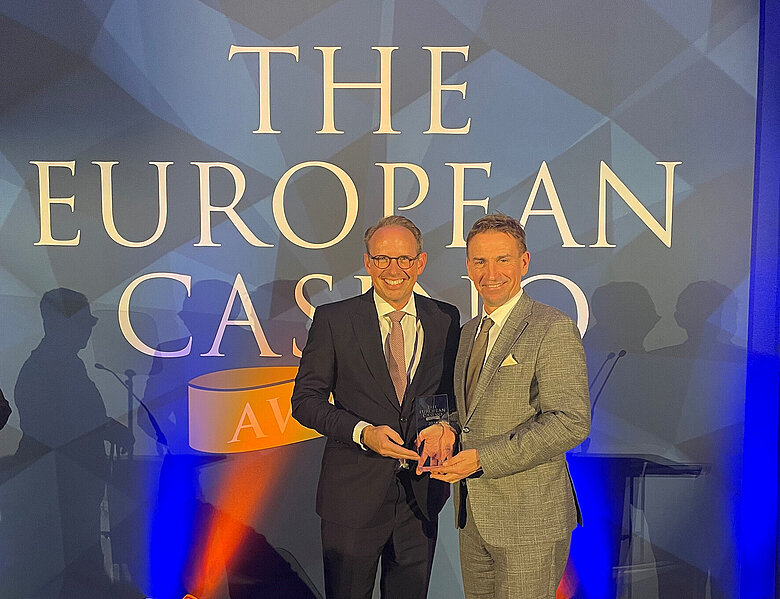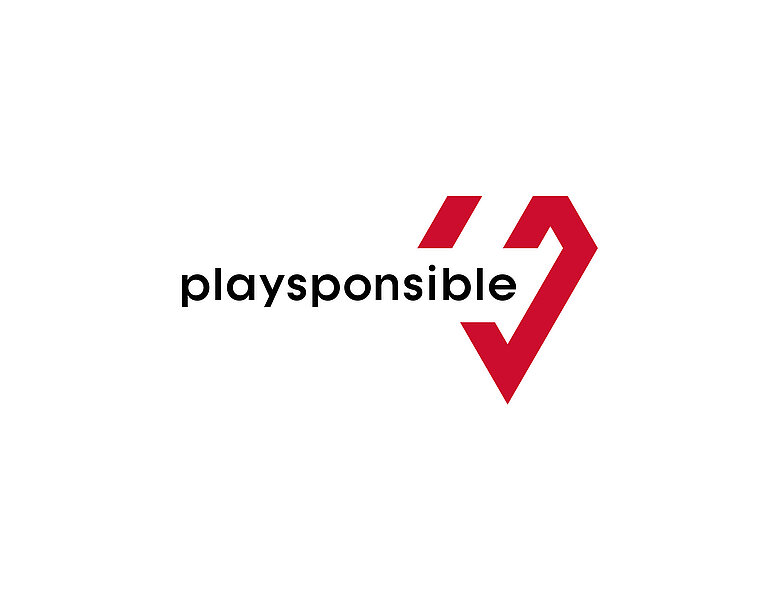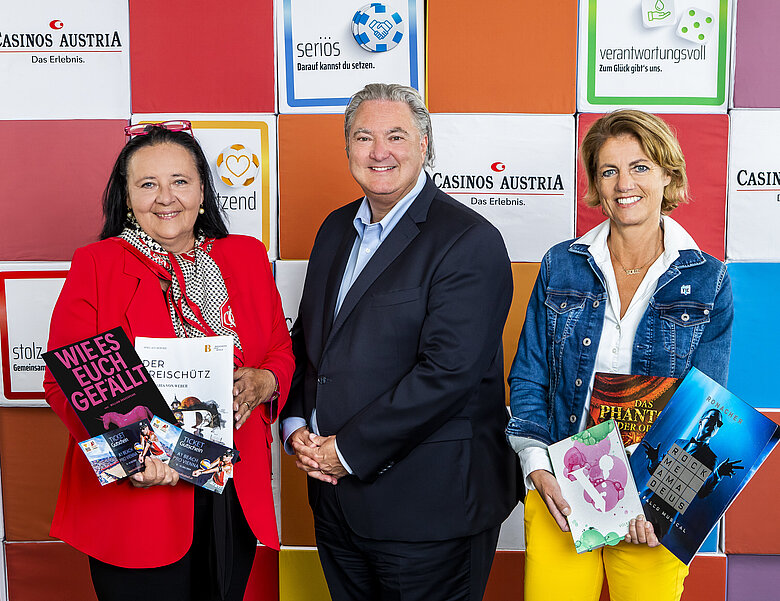
Press releases


Digital accessibility is a part of our responsibility: Casinos Austria receives WACA certification
The casinos.at and shop.casinos.at websites have been awarded the Web Accessibility Certificate Austria (WACA) in bronze and silver by TÜV Austria.

2025 Playsponsible Academy – Learning From the Best
We’re constantly rethinking our responsibilities: at the 2025 Playsponsible Academy last Thursday, the Casinos Austria and Austrian Lotteries Group welcomed Alexander Wurz, a speaker who had a lot to say on the topic of responsibility in connection with risk.

Casinos Austria initiative wins international award for outstanding social commitment
With the “Our Commitment to Austria” initiative, Casinos Austria acts as a partner for socially relevant issues at all twelve of its casino locations. The initiative was honoured with the prestigious European Casino Award in the “Corporate Community Engagement” category.

G4 certification confirms Casinos Austria Group’s exceptionally high quality in player protection
The Global Gambling Guidance Group (G4) is yet another independent and recognised testing body that certifies that the Casinos Austria and Austrian Lotteries Group meets the highest player protection standards in gambling.

Casinos Austria and Austrian Lotteries certified as Great Place to Work®
The award is based on employee feedback and is valid for the period from September of 2024 to September of 2025.

Pink Casino Night on October 21: a glamorous evening to benefit Austrian Cancer Aid
Casinos Austria will donate 2 euros to Pink Ribbon for every guest in all twelve of its casinos, once again demonstrating its strong partnership with Austrian Cancer Aid.